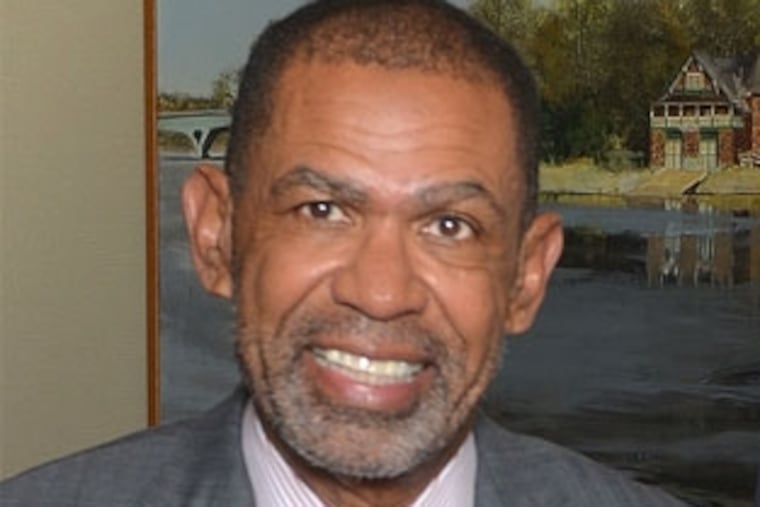Picking a new commerce director is a tough but critical decision for Mayor Kenney | Editorial
As the city's chief recruiter for out-of-town businesses considering a move to Philly, the role may be especially crucial as the region recovers from COVID-19.

Last Sunday, Mayor Jim Kenney accepted the resignation of Commerce Director Michael Rashid after reports that Rashid had made a series of anti-Semitic comments and was abusive toward his staff. Rashid’s resignation has left a small but essential municipal department rudderless during a critical time. To make matters worse, finding the next director may be a significant challenge because any new appointee could be replaced by the incoming mayor when Kenney’s term expires in 2024.
This vacancy could hardly have come at a more inopportune time. The Commerce Department’s chief responsibilities include recruiting out-of-town corporations to make their home in Philadelphia and bolstering the city’s existing business framework by facilitating loans and providing other supports.
That work is vital as the city recovers from the economic effects of the pandemic, which has wreaked havoc on the city’s commercial corridors and driven office workers out of Center City.
» READ MORE: Commerce Director Michael Rashid resigns
Even before COVID-19 struck, the city’s business community was faced with a dire unemployment situation. Philadelphia often lags other major American cities in terms of job growth, with even our best periods for growth barely matching the national average.
When it comes to Black-owned businesses, the city fares even worse. Despite having the highest percentage of Black residents out of America’s 10 largest cities at 44%, a 2018 Center City District analysis of census data found that Philadelphia had fewer Black businesses per resident than Atlanta, New York, Washington, or Boston. In fact, despite being significantly smaller and having fewer Black residents, both Atlanta and D.C. had more Black-owned businesses than Philadelphia, even before adjusting for population.
There are many reasons for this, including relative access to capital and the enduring effects of historic bias and discrimination. Another factor is the bureaucratic nature of opening a business in Philadelphia. As seen with the recent legislation surrounding “streeteries,” City Council sometimes ends up creating extra layers of red tape with its guidelines. That leads to additional labor and expenses for business owners — especially when compared with Philadelphia’s peer cities or the suburbs — and can dampen the enthusiasm of new entrepreneurs.
Another factor is the pressing need for additional resources in historically marginalized neighborhoods, which lack the ability to raise as much money as well-established business districts like East Passyunk or Center City.
» READ MORE: The Future of Work is now
For business advocates, these aren’t just unfortunate parts of doing business. They are policy decisions that result from an apparent failure by city officials to recognize the importance of economic growth as a tool for combating poverty and building a fairer and more sustainable city. After all, it’s not the wealthiest or the most privileged that suffered the consequences of Philadelphia’s decades of job losses.
Given these obstacles, and the condensed timeline within which a new commerce director will need to operate, identifying a quality candidate may be a challenge. It’s crucial that any new director have the necessary stature to command respect from CEOs, the know-how to support commercial corridors and the city’s small-to-medium-size businesses, the regard of colleagues in the cabinet, and a commitment to treating employees and others with dignity, no matter their gender identity, race, religion, or national background. It is also of utmost importance that the new director be an advocate — within a city government and administration that has often seemed hostile or indifferent to the needs of all businesses in the city — for innovation and a different way of doing things.
Despite the difficulty of finding someone who fits this description and the poor timing of Rashid’s departure, this moment also represents an opportunity for Kenney. There is, after all, no bad time to lose a leader who has made bigoted statements, and been accused of being abusive to staff.
Building a stronger business community in Philadelphia isn’t a niche interest or something that should be reserved for conversations at the Union League. It is a critical part of any agenda to fight inequality and poverty in Philadelphia. It is vital that Kenney pick a commerce director who recognizes that.